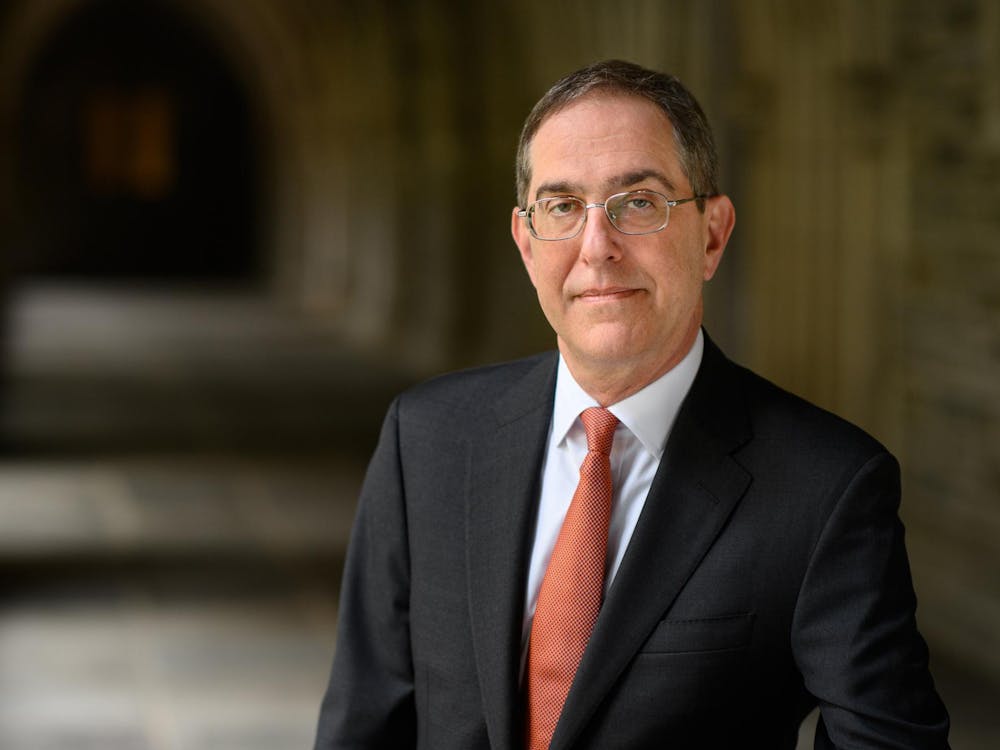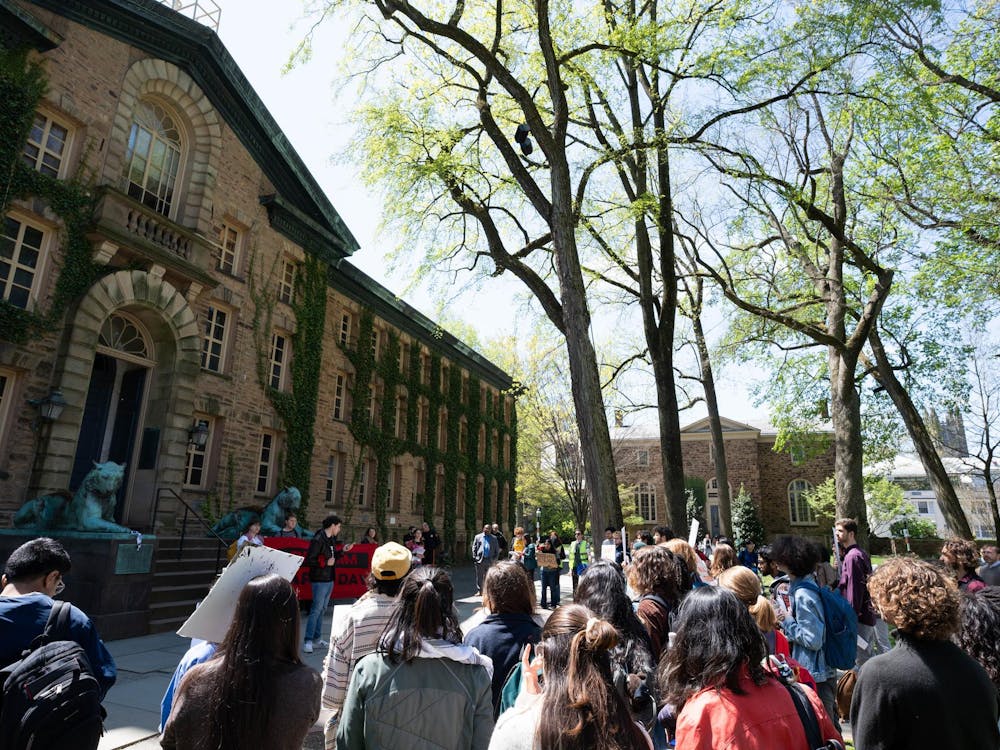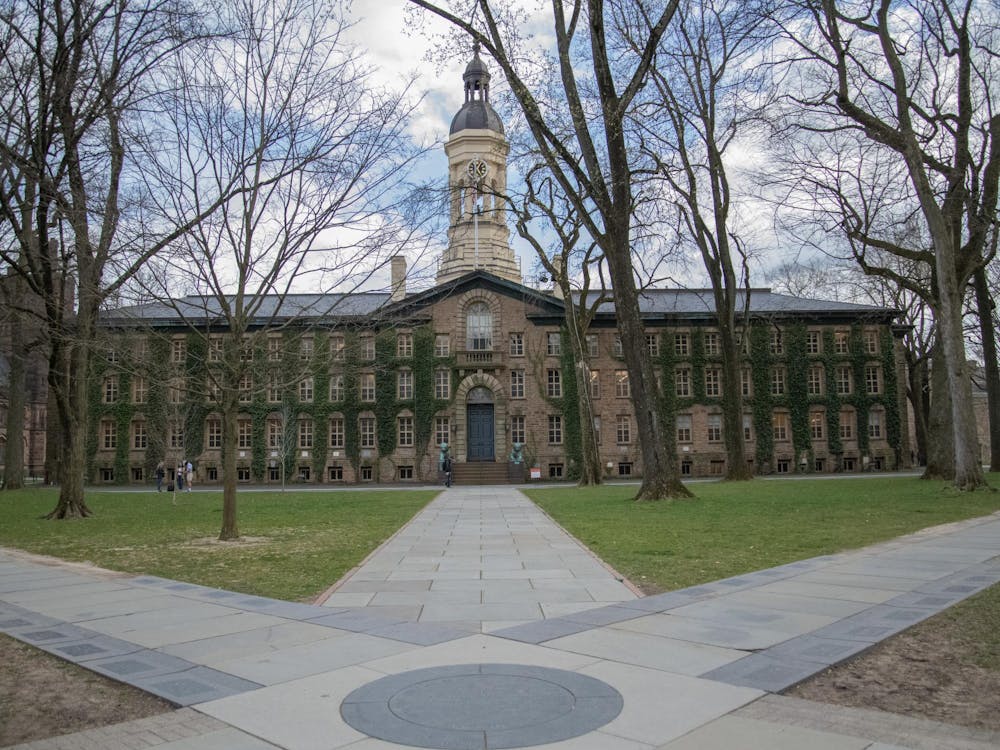My senior year of college has been filled with countless “what ifs.” As my time on this campus began to dwindle, I increasingly worried about everything I had accidentally forgone. Reminiscing with friends about the classes we’ve enjoyed, people whose paths we have crossed and our Princeton experiences as a whole — it becomes difficult not to question our decision-making these past three and a half years. It’s easy to wonder what I could have done differently, or, really, better.
What if I had majored in comparative literature after falling in love with that “Don Quixote” course? What if I had pursued that summer opportunity in Washington, D.C.? What if I had taken the time to get dinner with an acquaintance that I imagined could be something more?
I do not think there’s anything inherently wrong in reflecting and judging the choices that have shaped our paths. This is often a necessary, almost cathartic thing many people do. Still, the way I was scrutinizing my past was beginning to affect my present. I had suddenly become terrified that all the choices I’d been making were thoughtlessly misinformed. Worse, this fear was making me less confident in my ability to make choices concerning my life after Princeton.
At these thoughts, I remembered a passage from “The Bell Jar” in which Sylvia Plath’s semi-autobiographical character is facing a fig tree representative of her life. Each branch and its respective figs represented a different course her life could take. They were all meaningful, all paths worthy of walking, but she struggled to take one because it meant losing all the others. Her inability to choose resulted in the loss of them all.
I became overwhelmed and decided to take a step back from everything. I considered where I had been and all the places I could go. I allowed myself to look at my life, free from all the self-doubt that had hit me so swiftly, free from those preconceived notions of what a Princeton post-graduate should look like.
My life before Princeton, like most, was mostly linear. I made the conscious decision to succeed, and there was a very clear picture of what that meant. My time at Princeton has been less so. There are friendships I decided to foster, concentrations and courses I decided to take, entirely new countries where I decided to live. Still, in the midst of all this, there were still well-traveled routes that I knew I could trust.
Finally, I looked at where my life could go after Princeton. I didn’t see a fig tree, but a wild mass of loops and twists. I could choose to travel one, but it didn’t imply a direct path to a definitive end. It meant crossing paths with other curves. It revealed the possibility of being flung onto another path. It implied that having an ultimate goal in mind — even a superficially definitive one — did not guarantee it would remain.
I was both terrified and comforted. Making decisions largely defines how we live, but there are also turns that are out of our control. Further, there is a very small likelihood that a single decision we make will determine everything to come.
Life is not one simple decision after the other, but a culmination of all our choices under a cloud of chaos. There is no right turn that leads straight to the career I am destined to have. There is not a bend in the road that I must follow to find my soul mate. There are few choices that are so simple and direct. More importantly, there is no specific office I must work in to find fulfillment or a single person I must meet to find my happiness, not counting myself.
More often than not, there is no right or wrong way to live — just different ways of life. Princeton has been proof. From where I am standing, Pablo Neruda-reading, tennis-playing Lea would have been happy. But I am also happy where I am standing.
Lea Trusty is a politics major from Saint Rose, La. She can be reached at ltrusty@princeton.edu.









